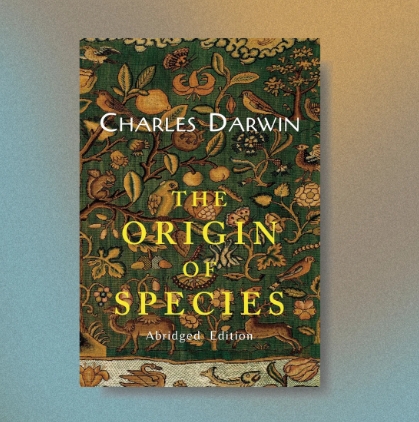Joseph Conrad’s Heart of Darkness is a captivating and haunting novella that delves into the deepest recesses of the human soul. Through the protagonist, Charles Marlow, readers are taken on a journey into the heart of colonial Africa and the darkness that resides within every individual.
Unraveling the Mystery
Marlow’s quest to find the enigmatic Kurtz, a Belgian ivory trader who has become a god-like figure among the local African tribes, serves as a metaphor for the exploration of the dark and primal aspects of human nature. As Marlow navigates the treacherous Congo River, he is confronted with the brutality and greed that characterize European colonialism.
The Thin Line Between Civilization and Savagery
Conrad skillfully blurs the line between civilization and savagery, illustrating how easily one can descend into darkness when removed from the constraints of society. Kurtz, once an exemplary and idealistic man, becomes consumed by his desire for power and control, ultimately descending into madness and barbarism.
The Heart of Darkness Within
By shining a light on the darkness within each character, Conrad forces readers to confront their own capacity for evil. The novella raises questions about the nature of humanity and the consequences of unchecked ambition and greed.
A Timeless Exploration of Human Nature
Over a century after its publication, Heart of Darkness remains a powerful and relevant exploration of the complexities of the human spirit. Conrad’s vivid prose and nuanced characters continue to captivate readers and challenge them to confront the darkness that lies within us all.
In conclusion, Joseph Conrad’s Heart of Darkness is a timeless and thought-provoking work that delves into the darkest corners of the human heart. Through the character of Marlow and his encounters with Kurtz, Conrad explores the thin line between civilization and savagery, and forces readers to grapple with the darkness that resides within us all.
